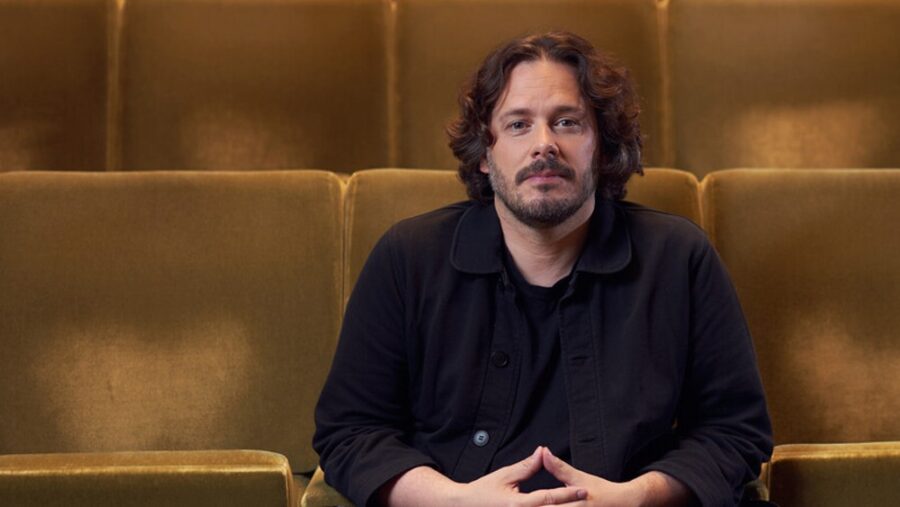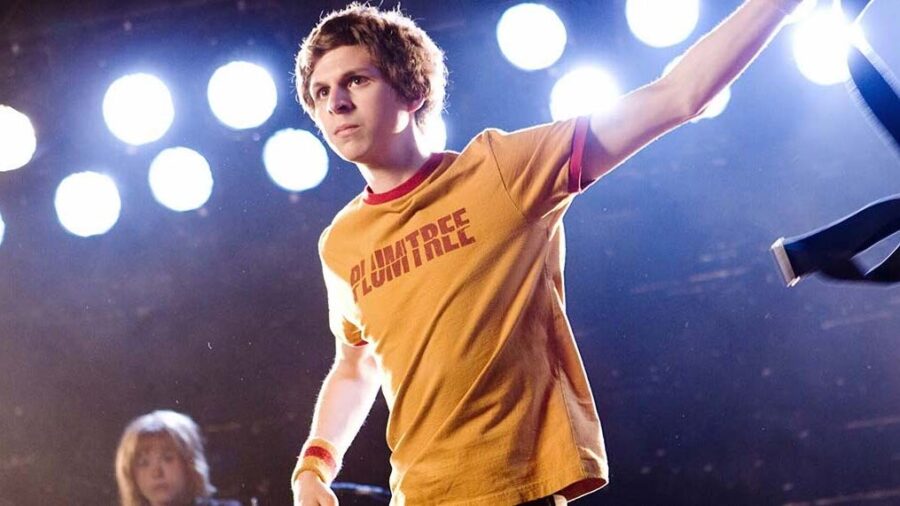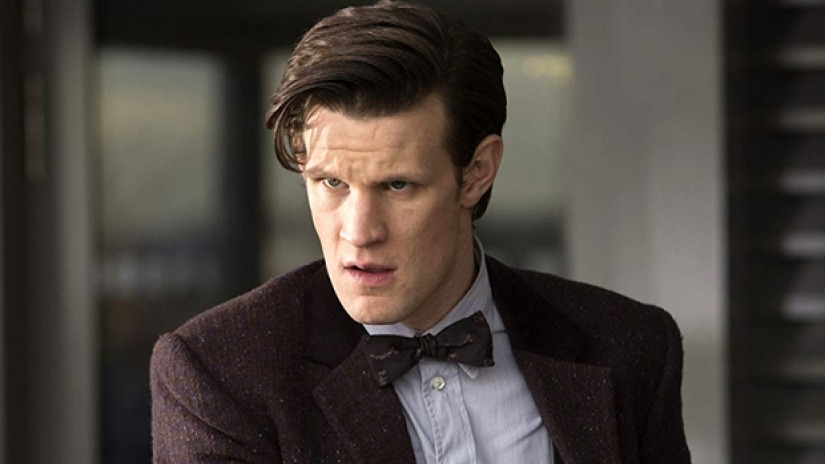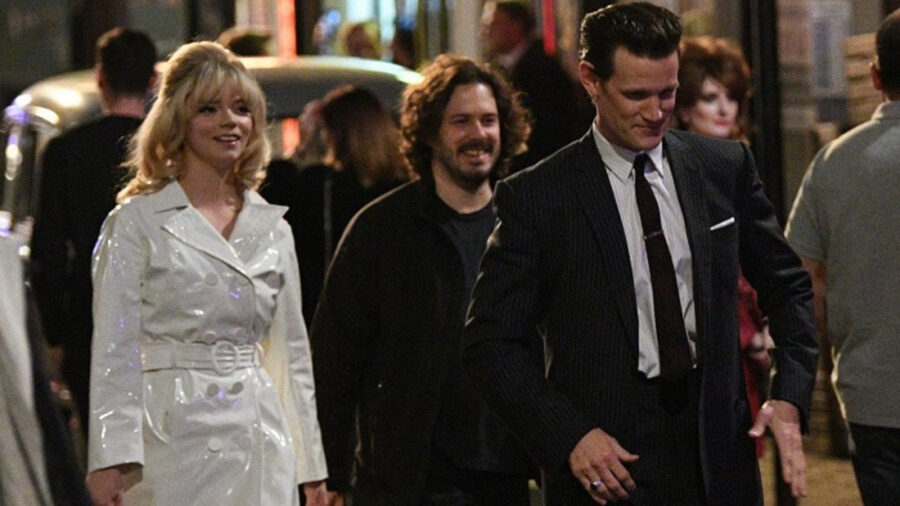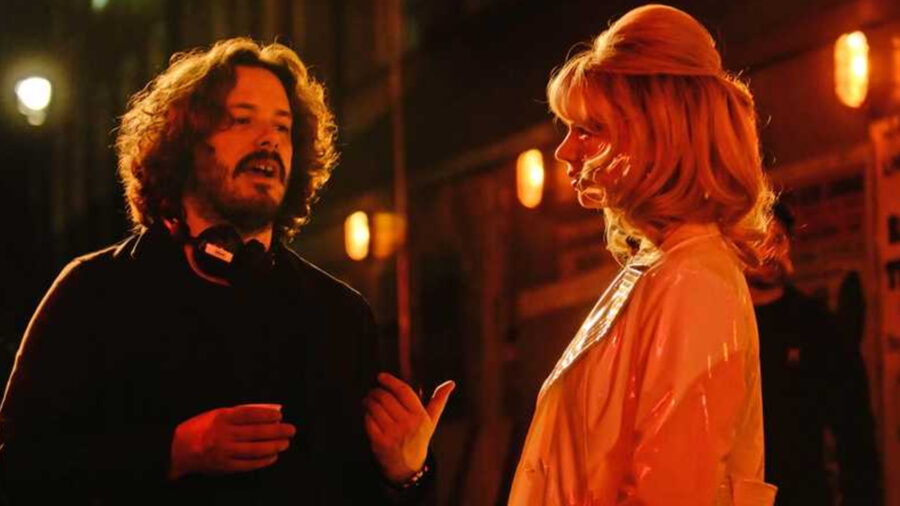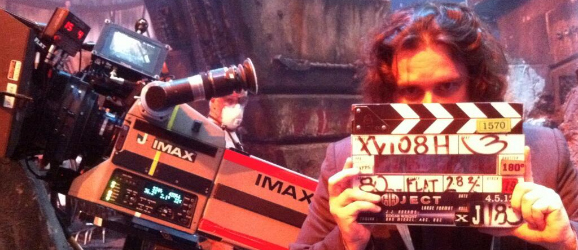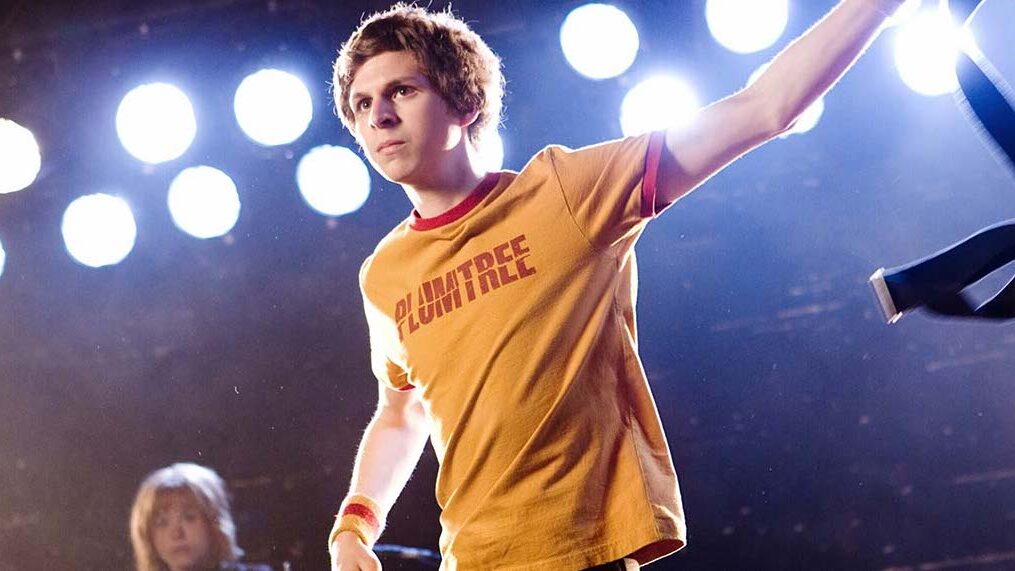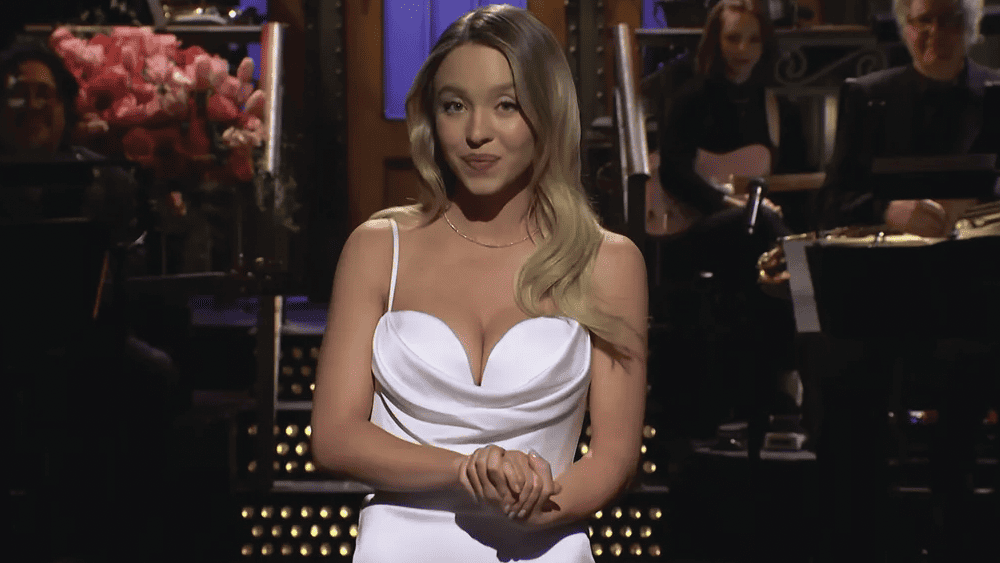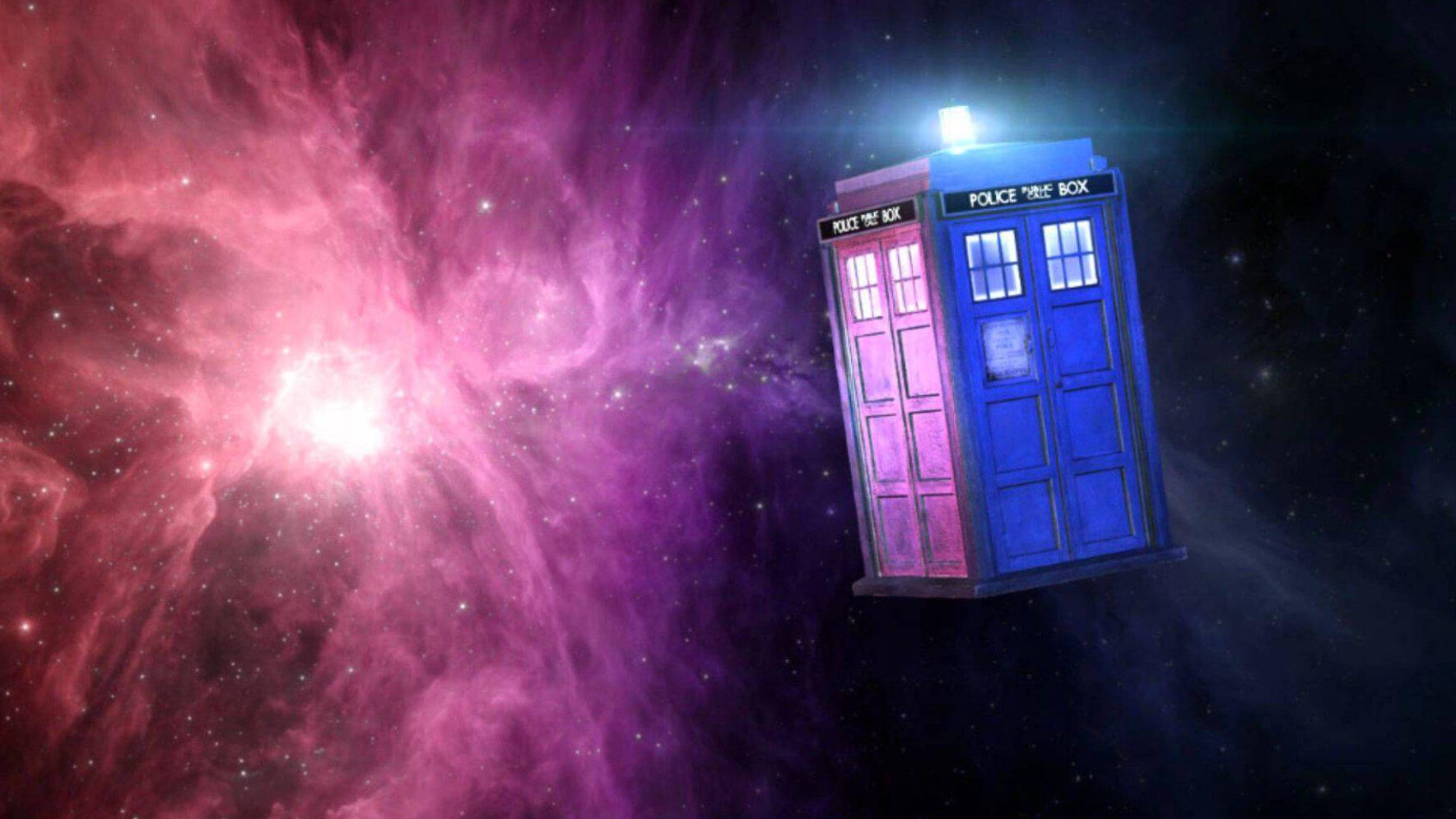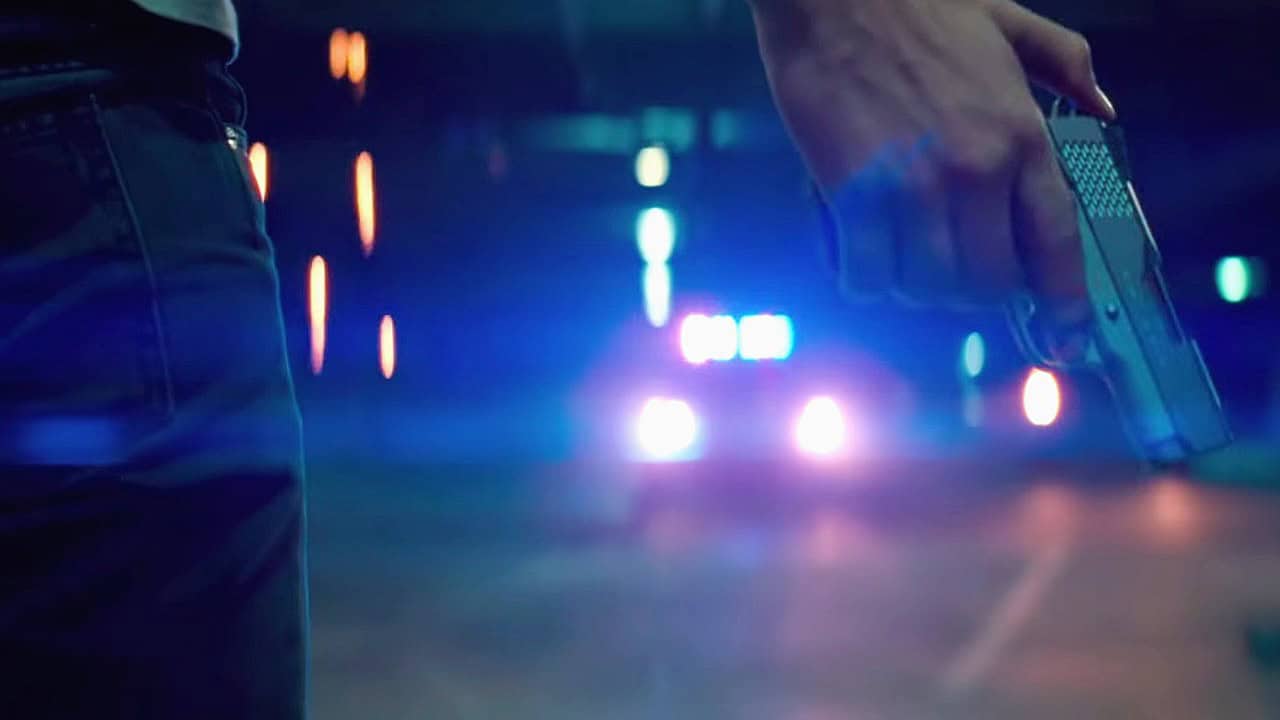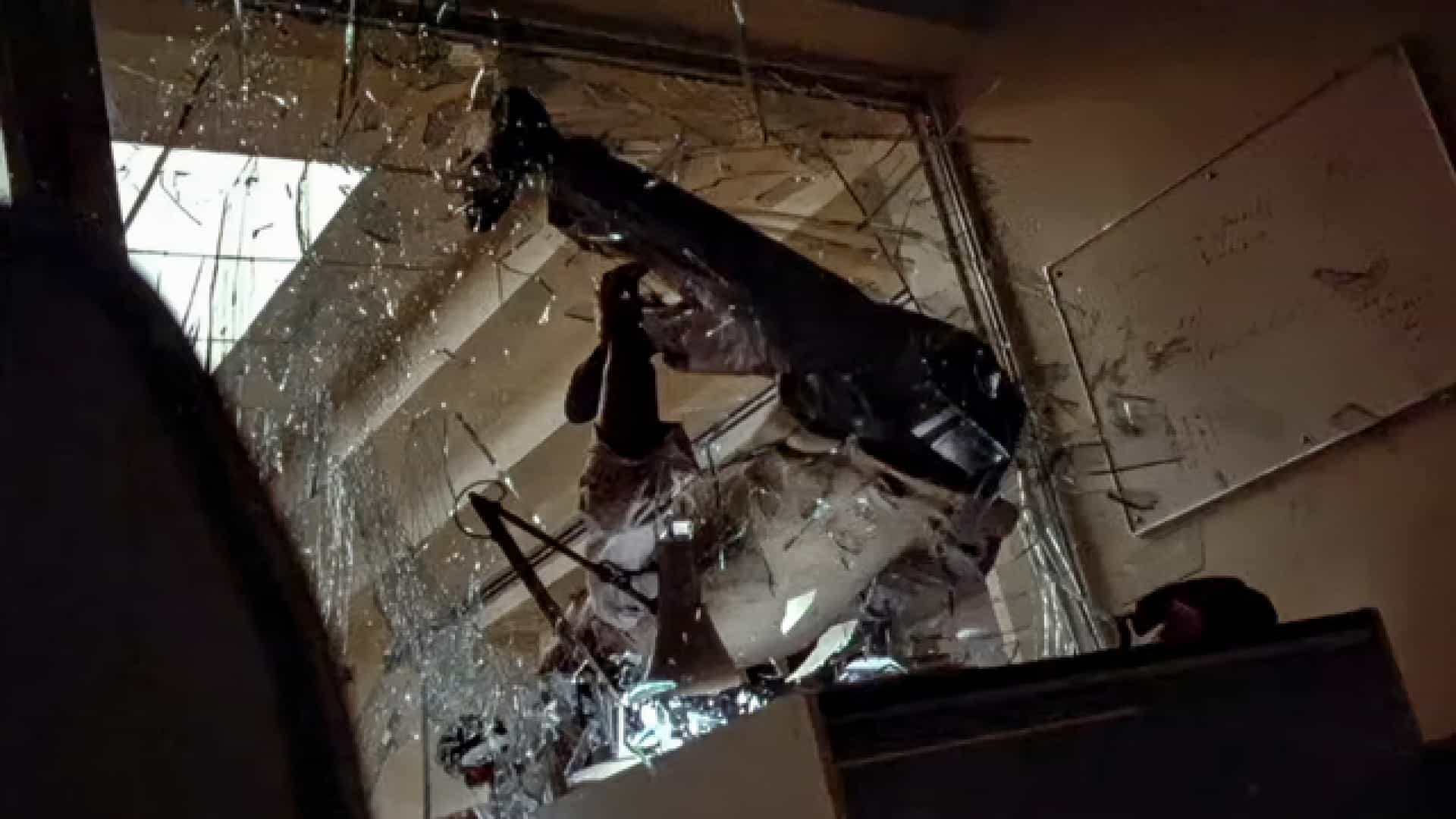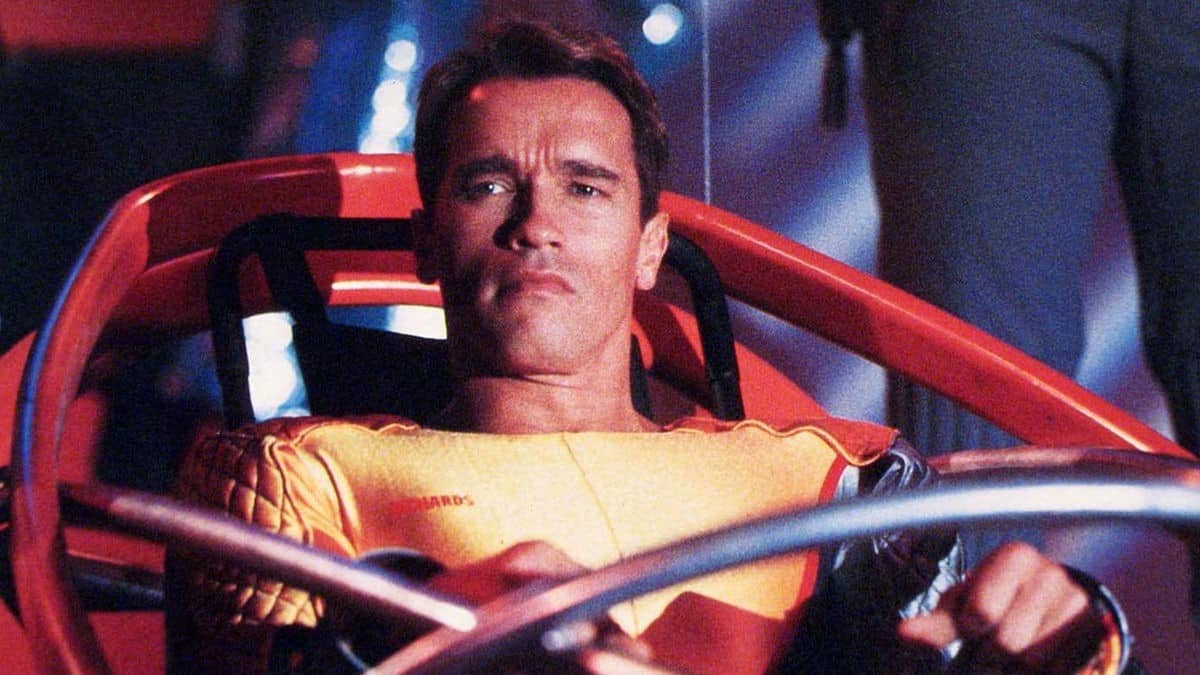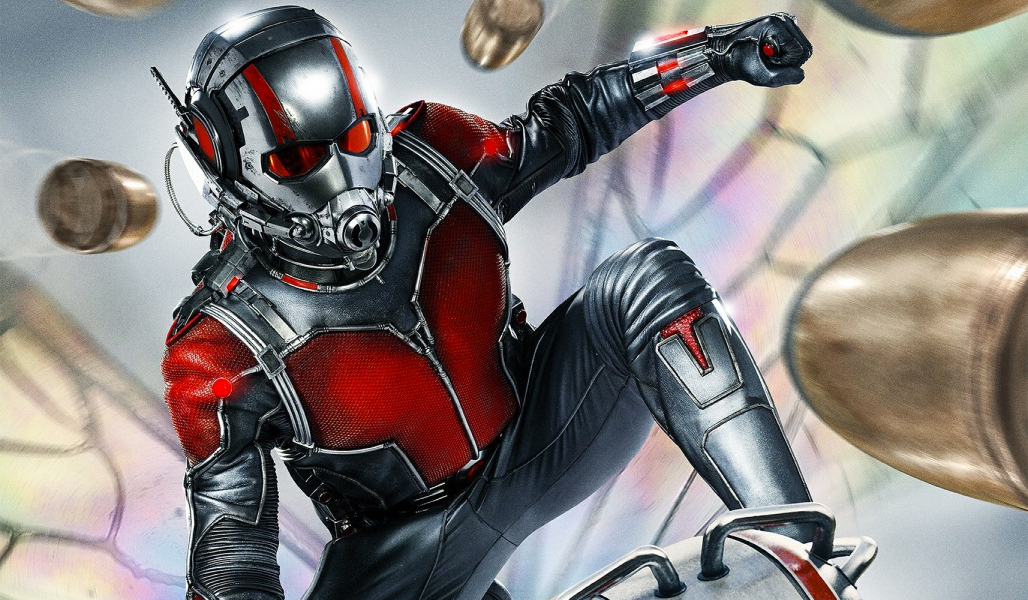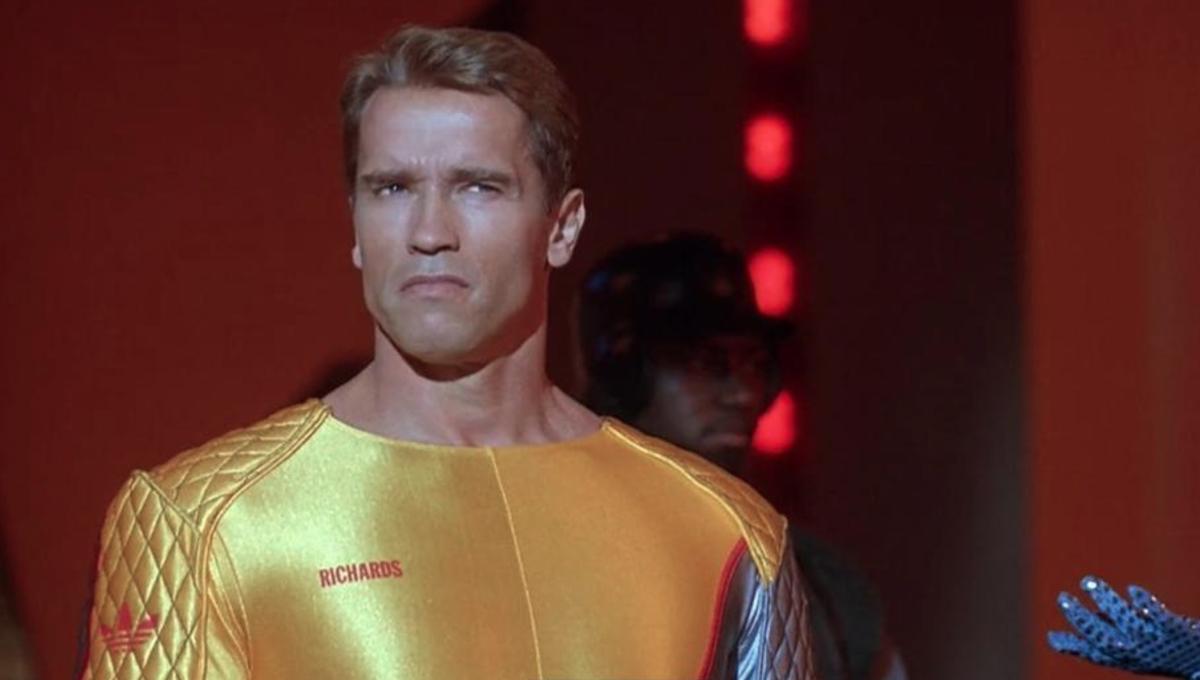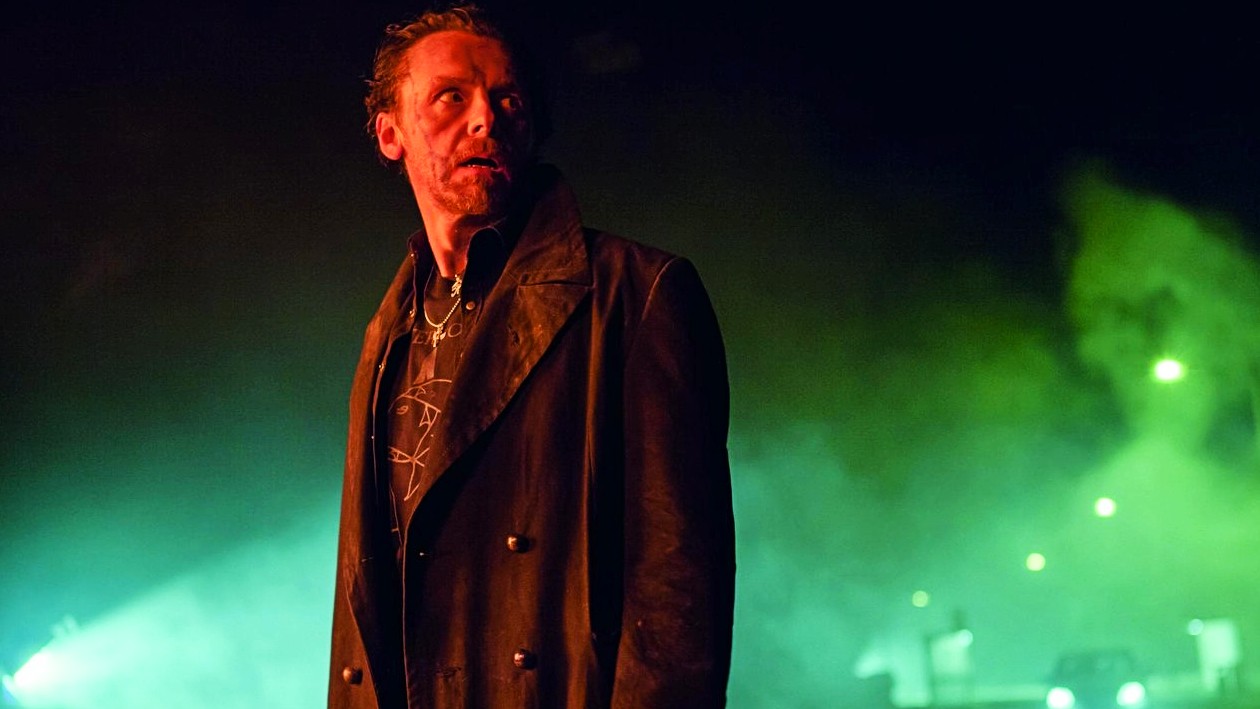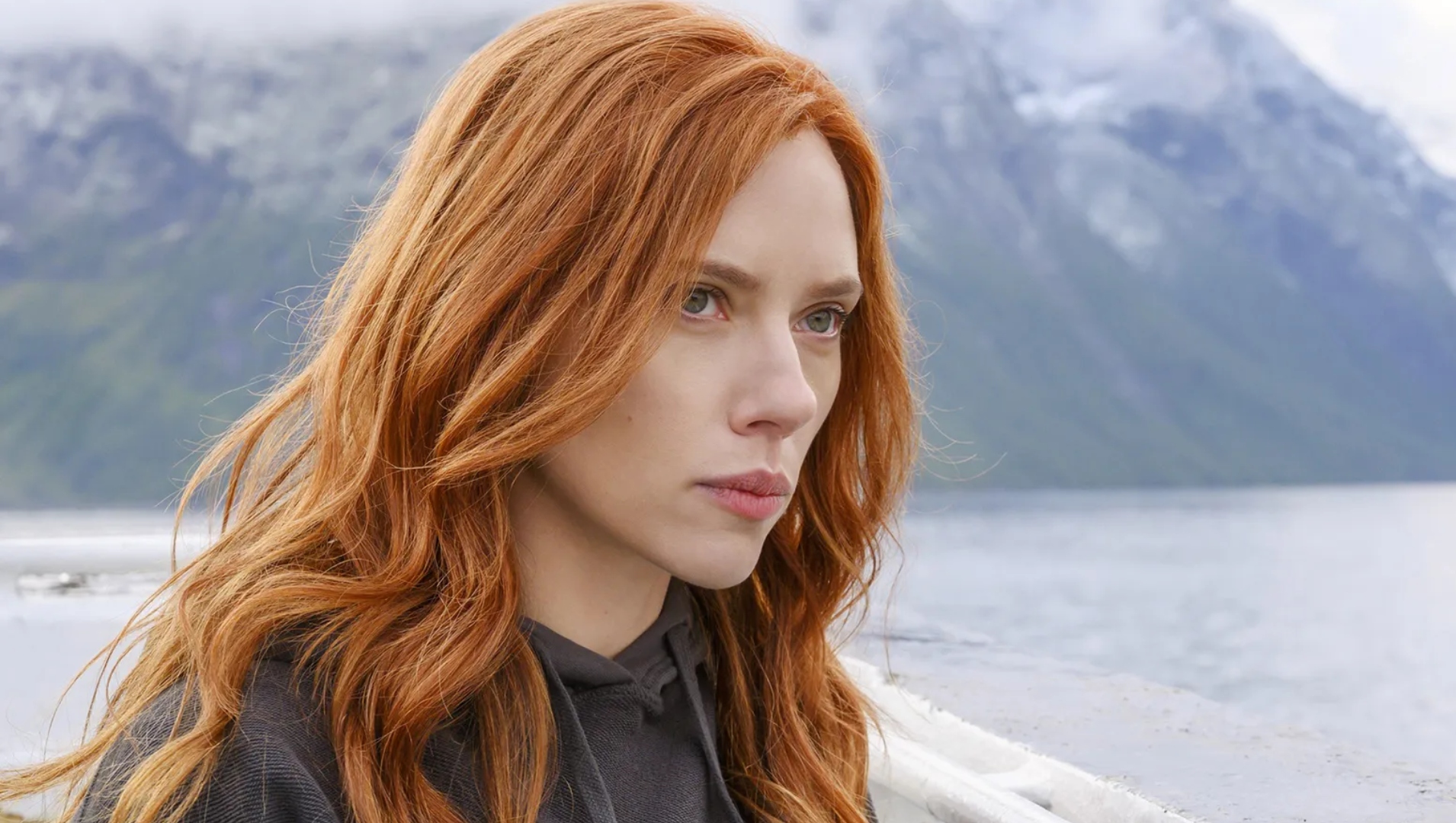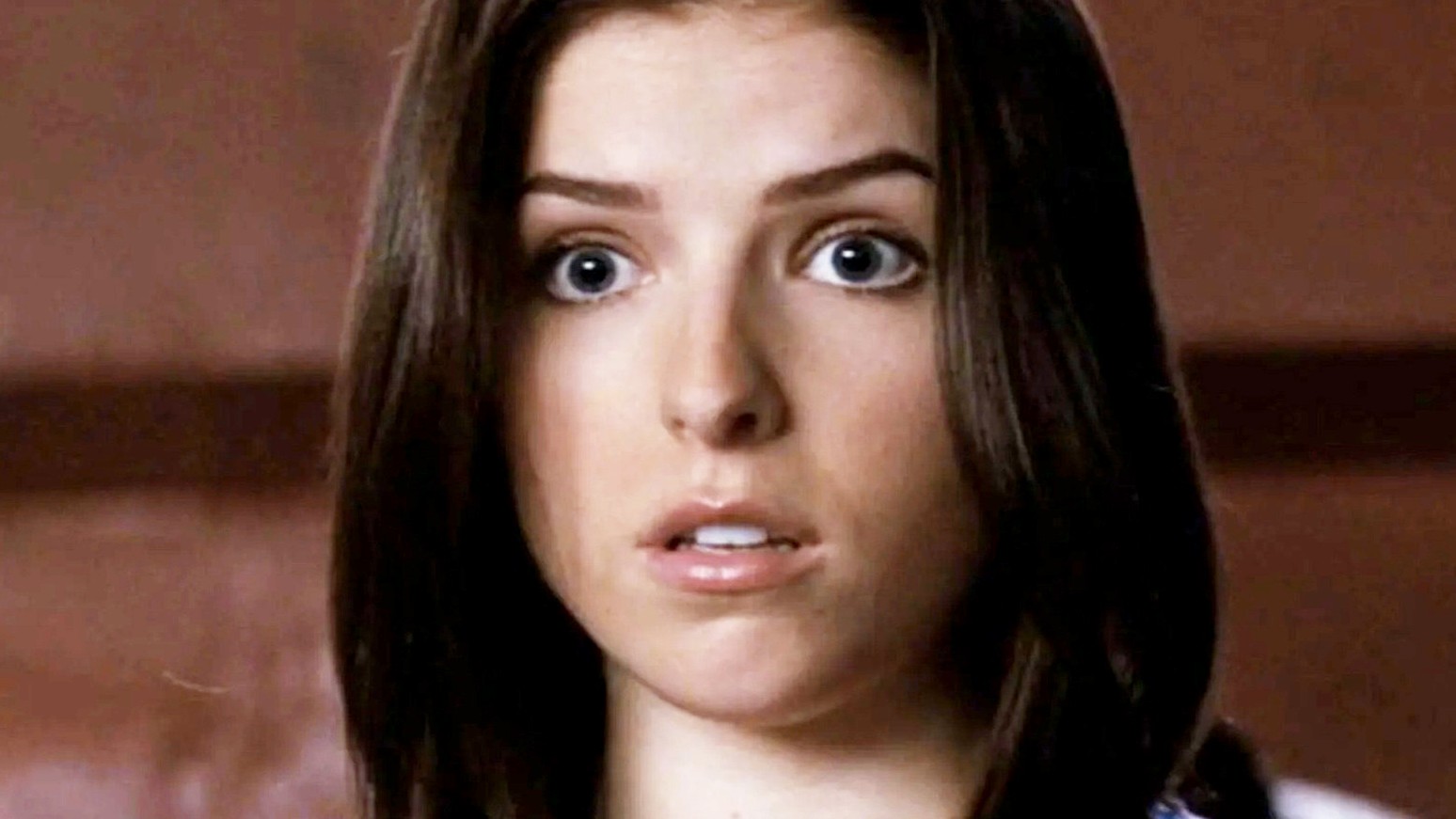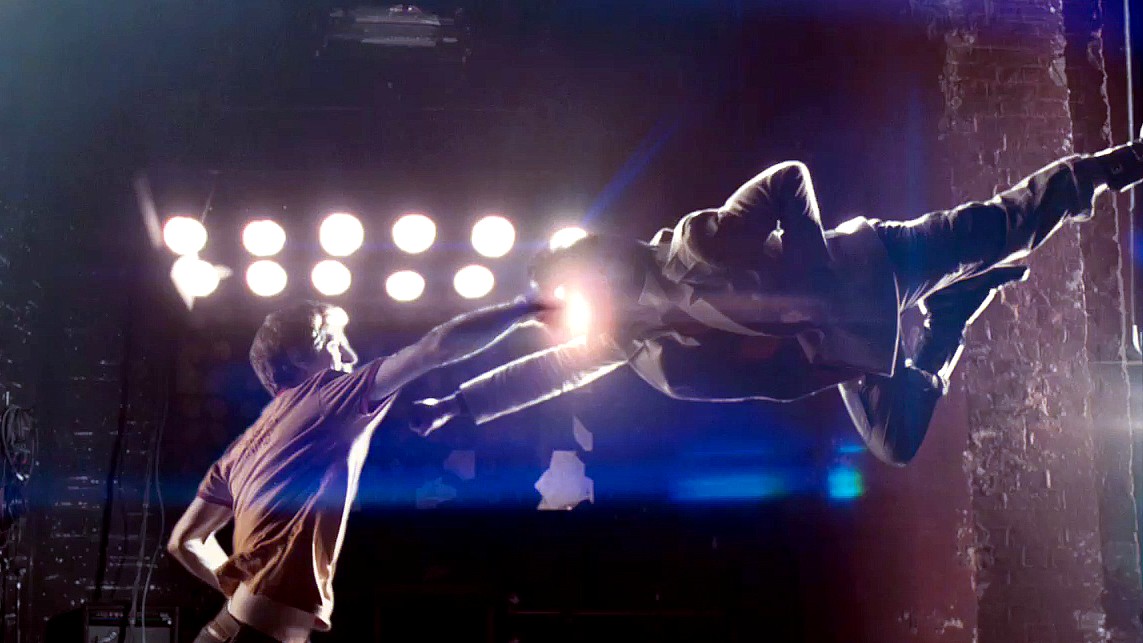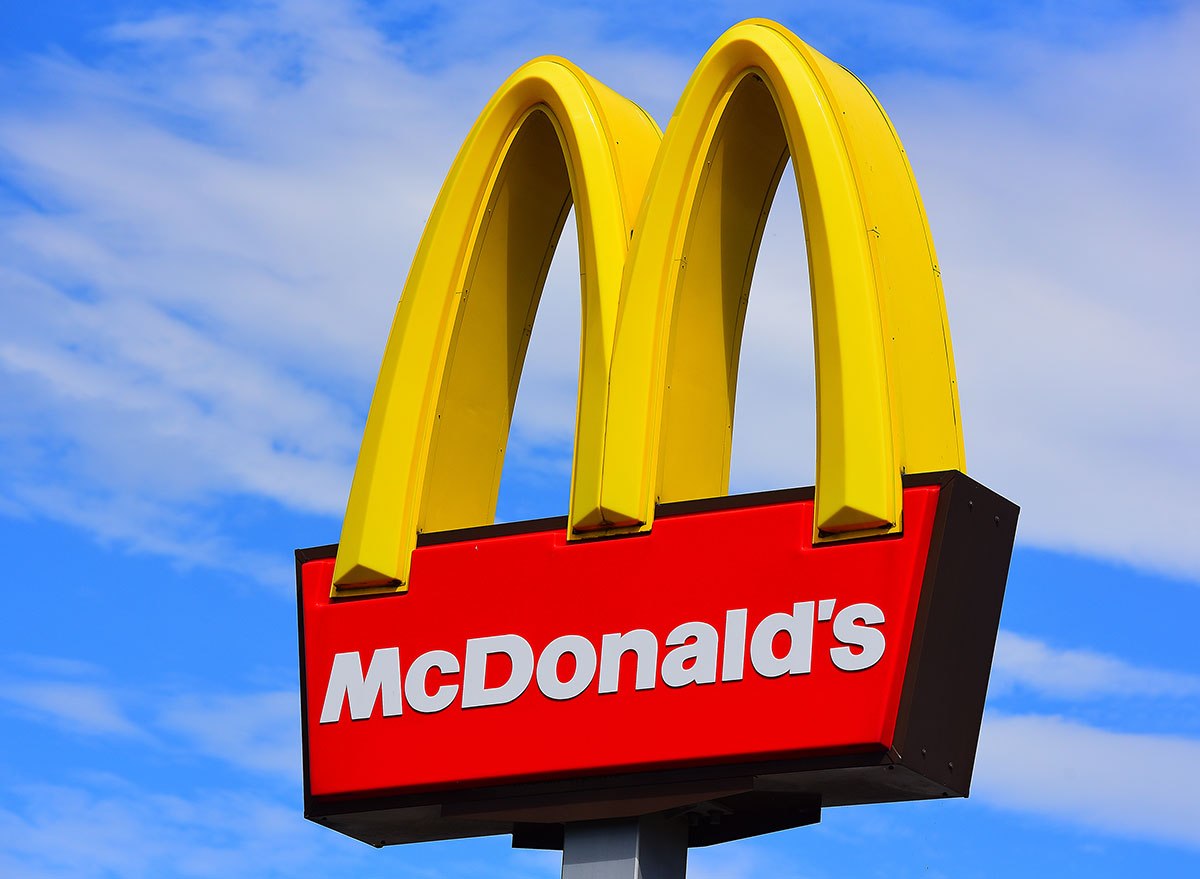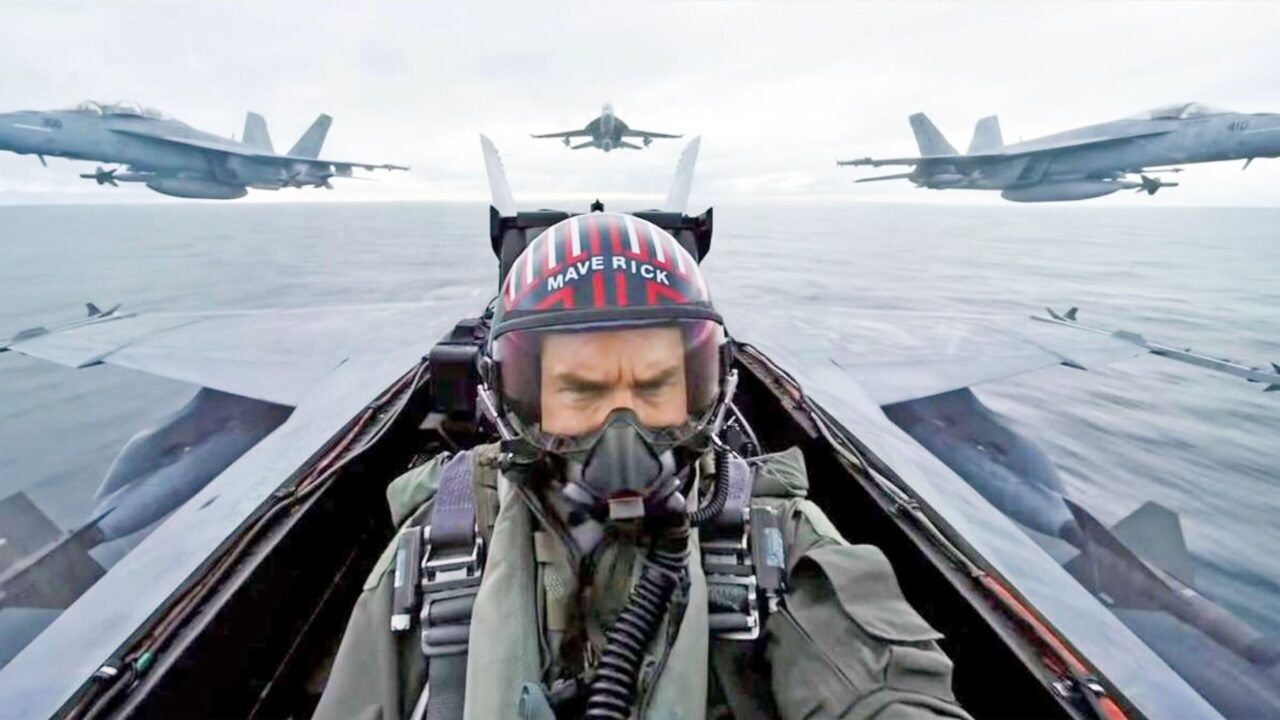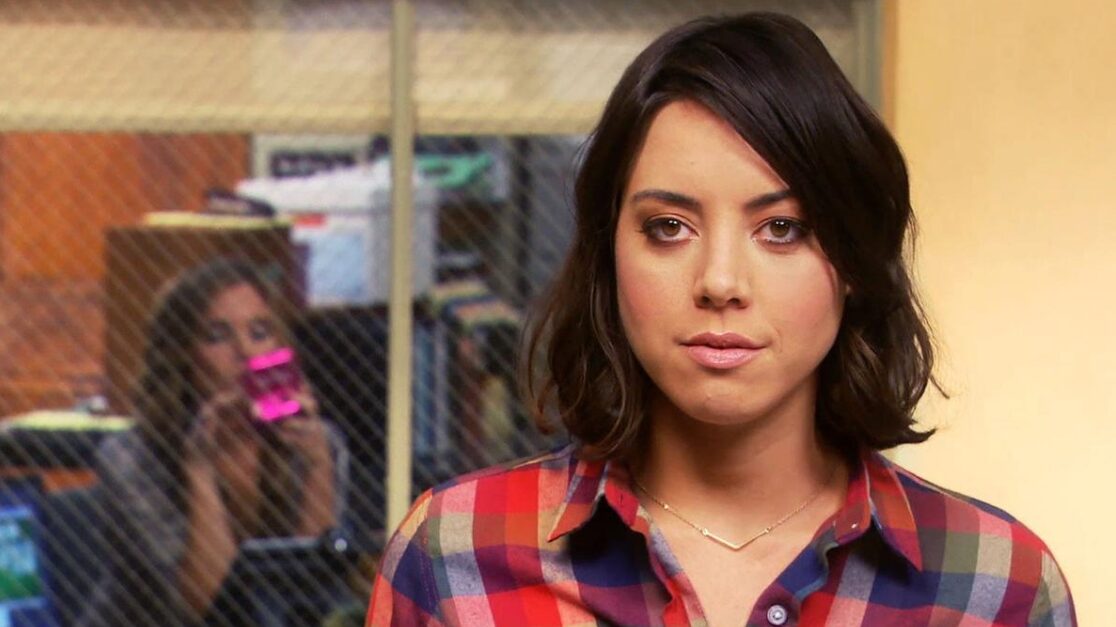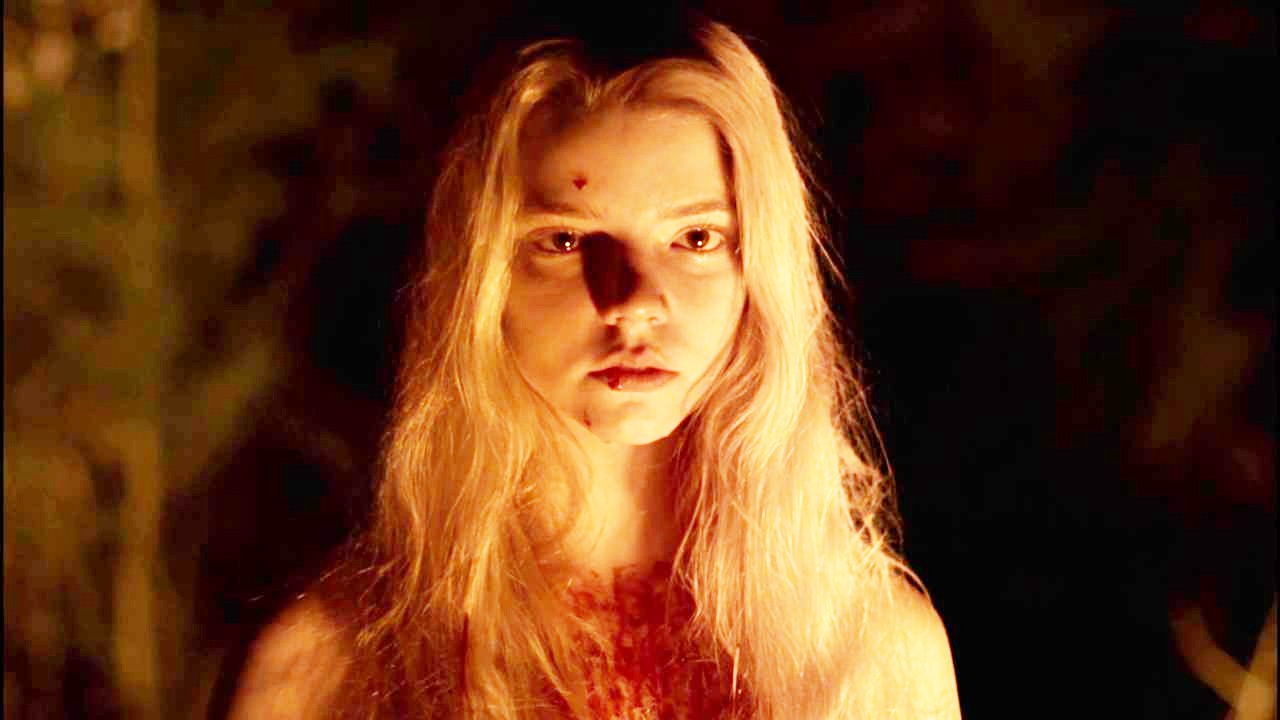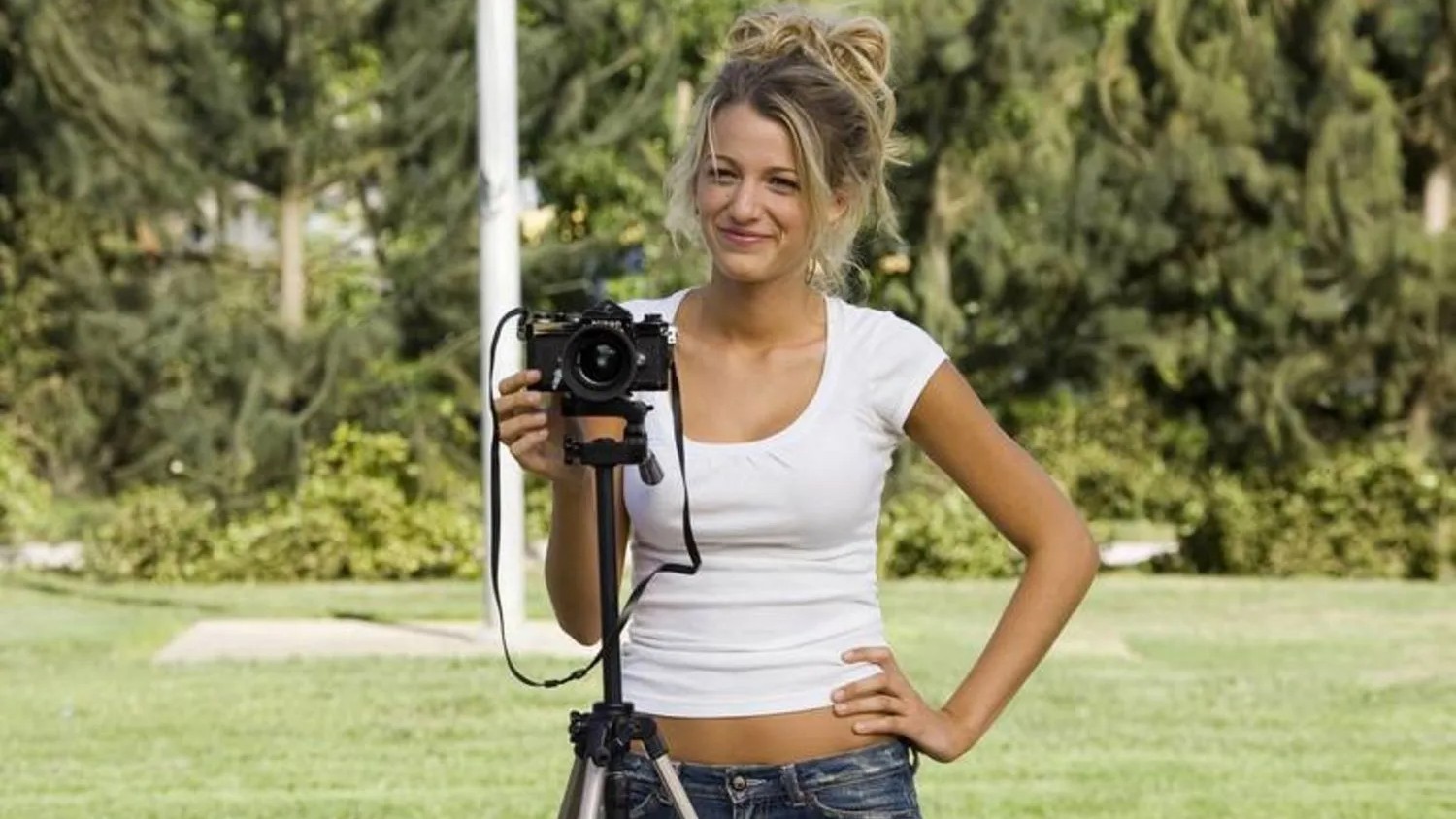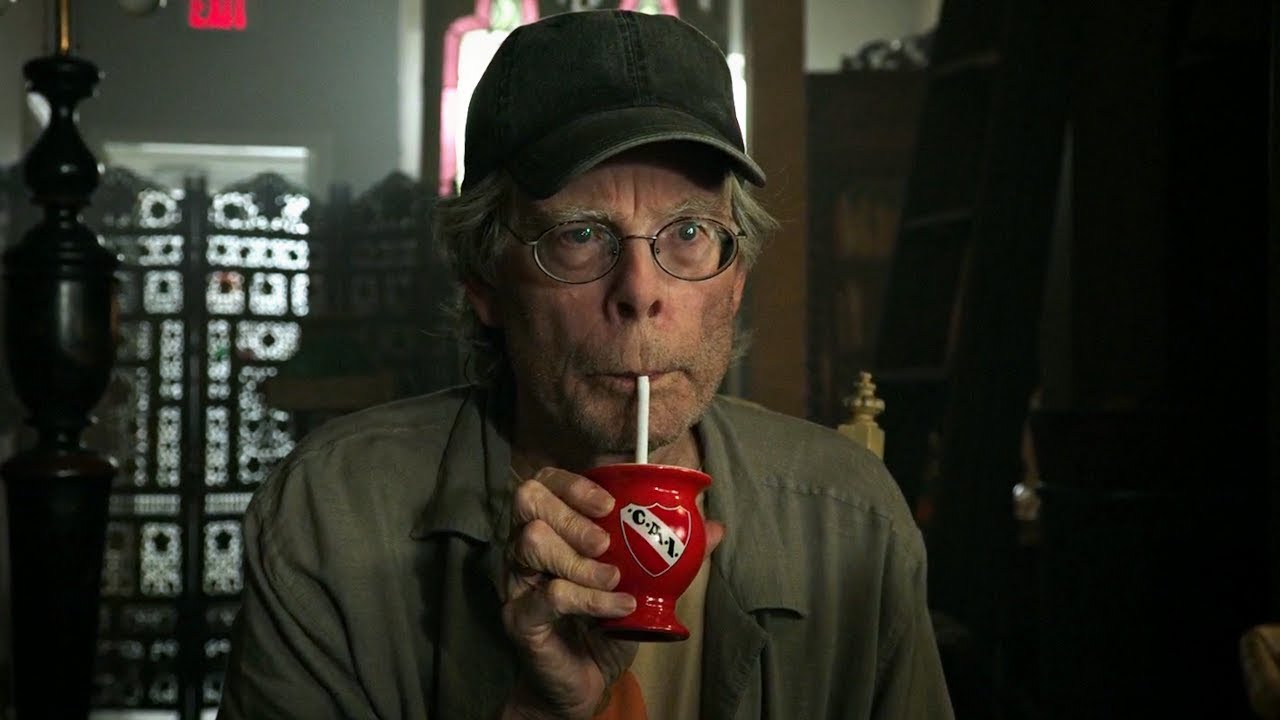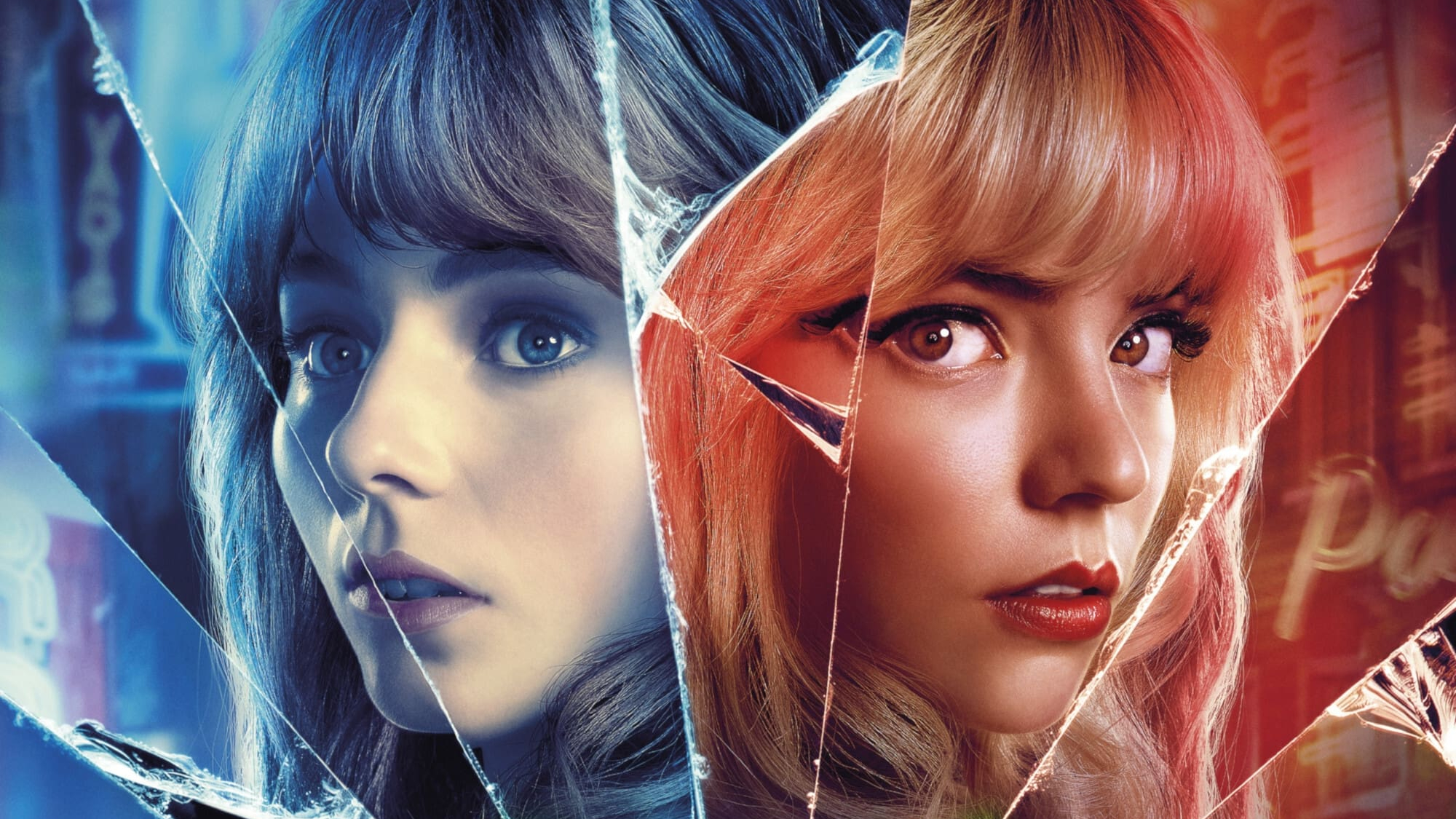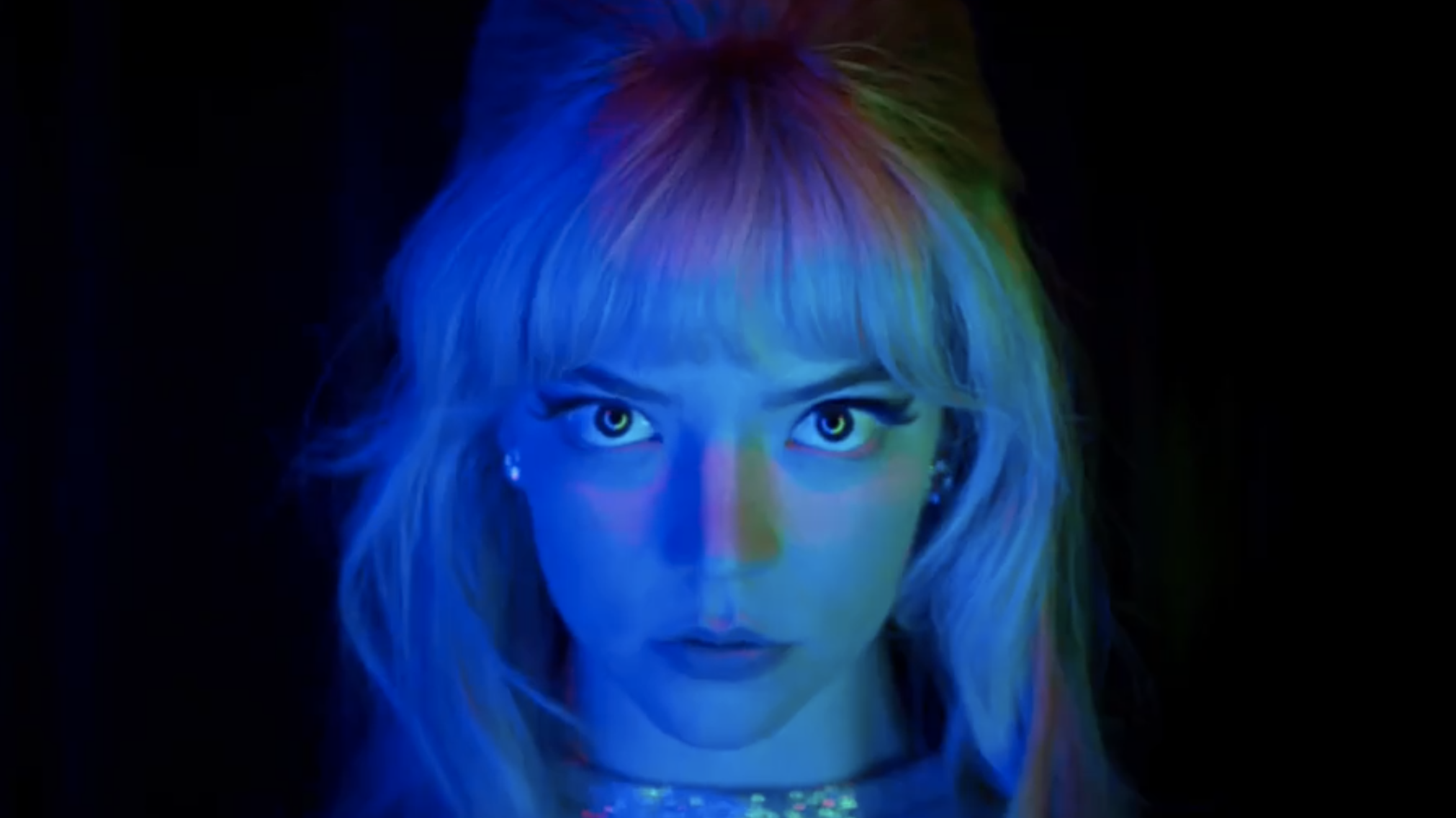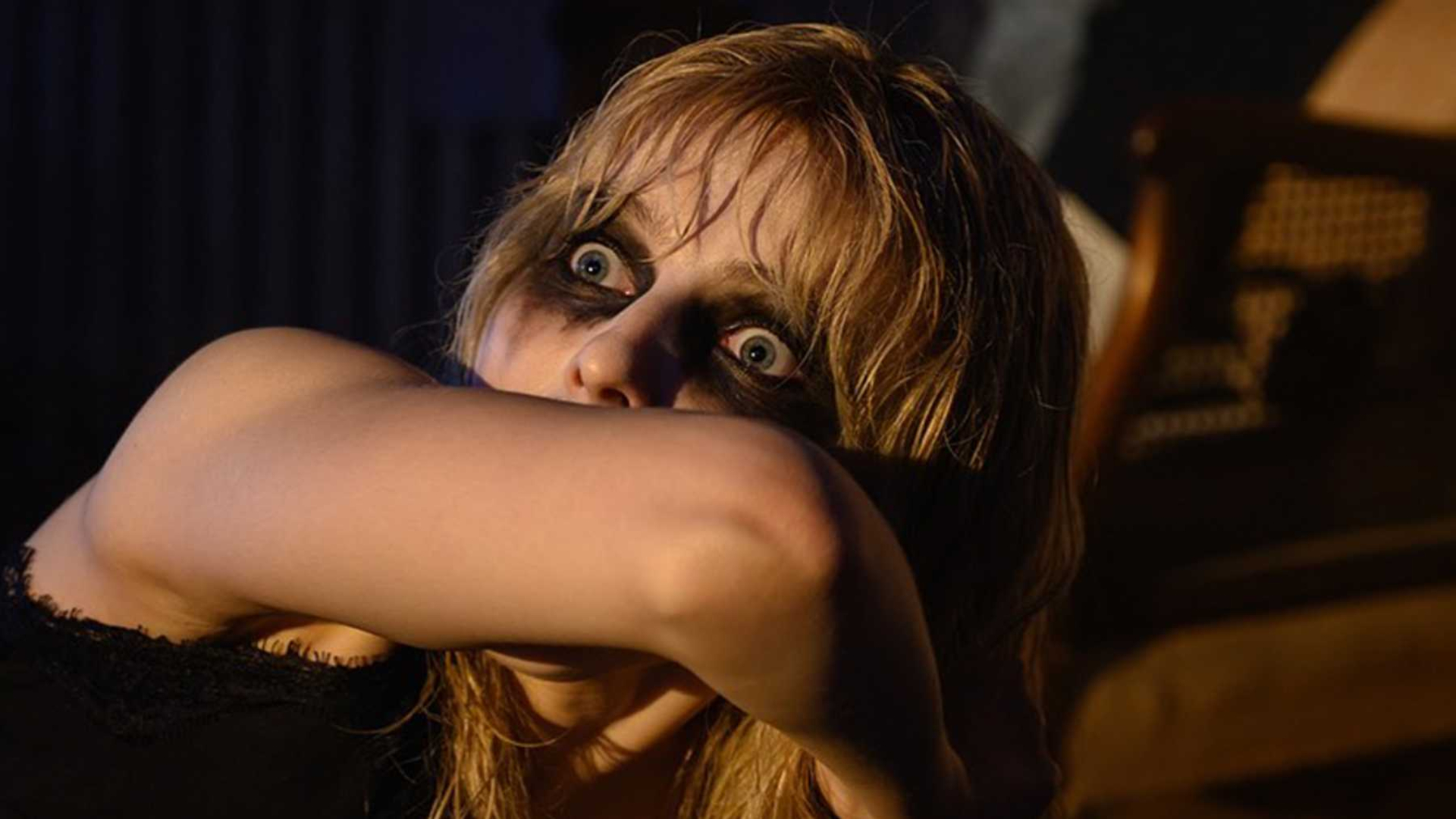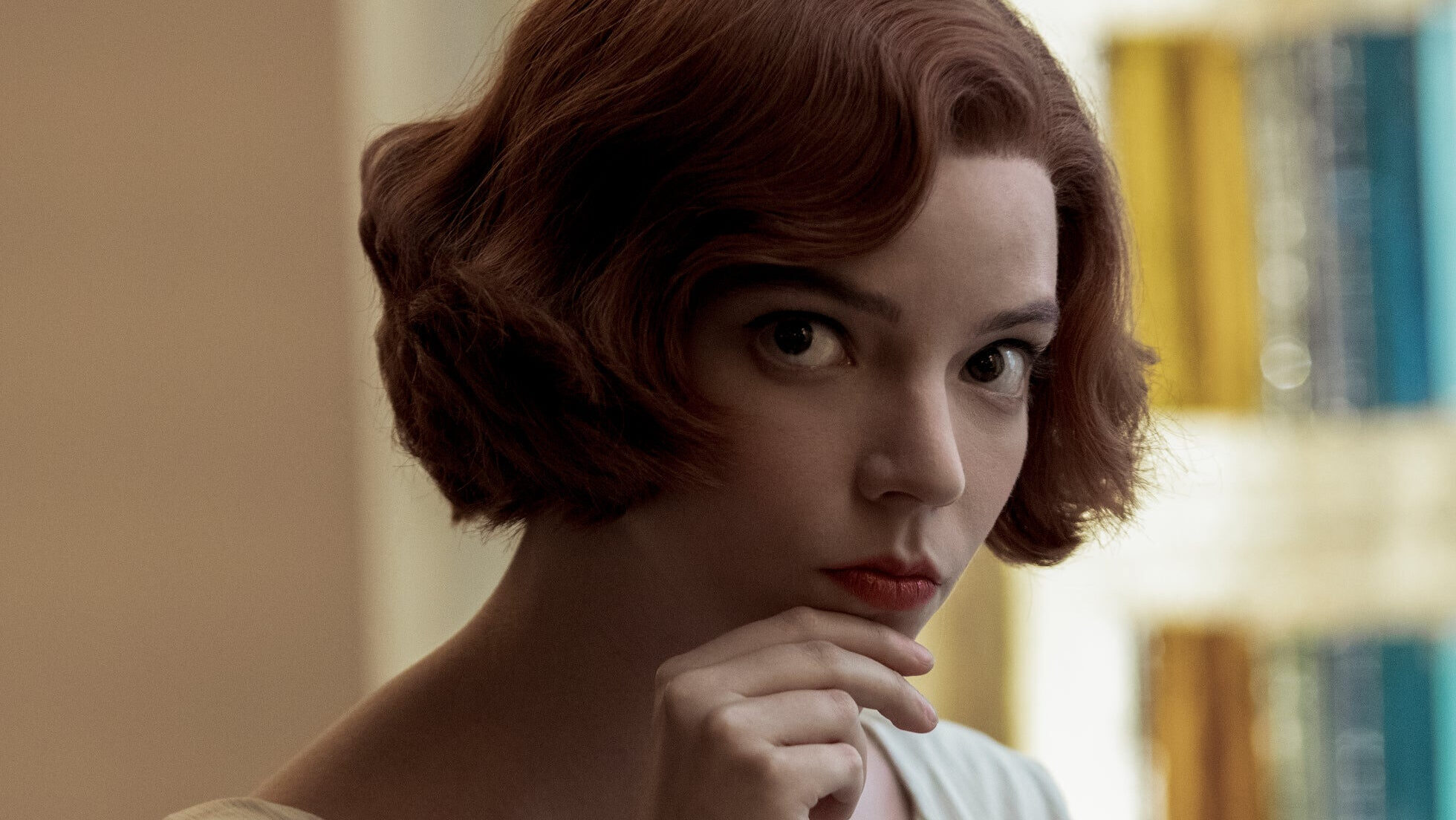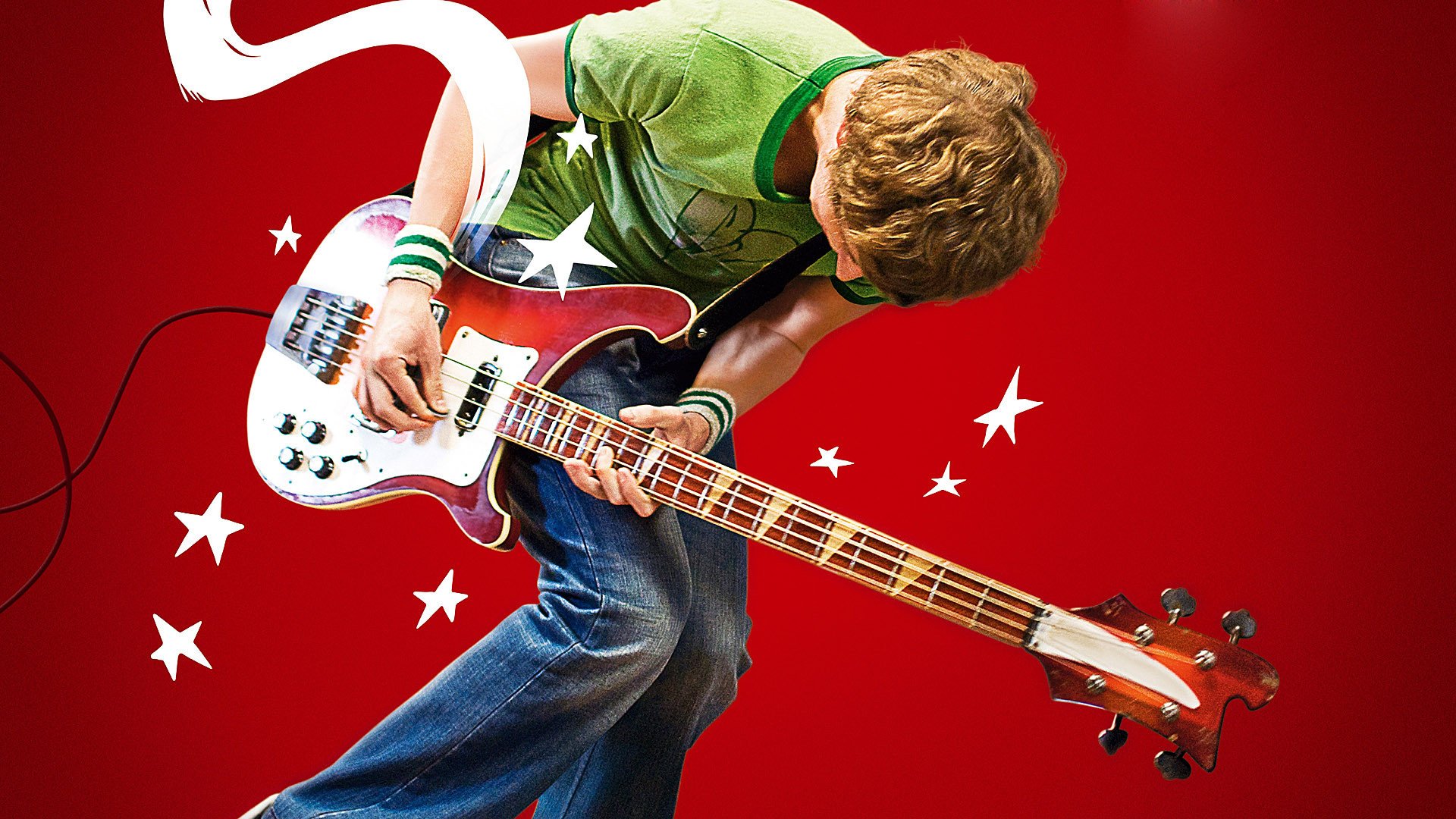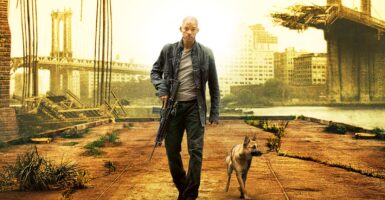Edgar Wright
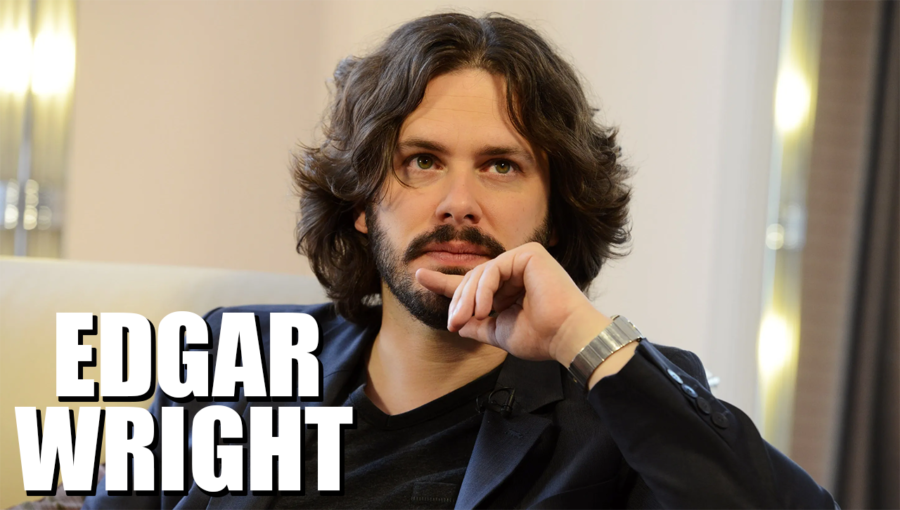
- Birthdate: April 18, 1974
- Birthplace: Dorset, England
- Known For: Shaun of the Dead, Hot Fuzz, The World’s End
Latest Edgar Wright News
Glen Powell Starring In Another ’90s Disaster Reboot
Glen Powell has another 90s’ disaster reboot on the way. Producer Brian Grazer appeared on CNBC and announced that Glen …
Continue reading “Glen Powell Starring In Another ’90s Disaster Reboot”
The Running Man Reboot Happening Sooner Than We Thought
Writer/Producer Simon Kinberg is producing a reboot of the cult-classic 1987 film The Running Man, and it could go into …
Continue reading “The Running Man Reboot Happening Sooner Than We Thought”
Exclusive: Ryan Reynolds And Edgar Wright Making Netflix Heist Movie, Details Revealed
He was an art thief in Netflix’s Red Notice, but for his next Netflix heist he’ll be working with one …
The World’s End Is Edgar Wright’s Best And Most Pessimistic Movie
The World’s End concludes the Cornetto Trilogy with a dark warning that not everyone can grow up.
Exclusive: Scarlett Johansson Cast In Edgar Wright’s The Chain
Scarlett Johansson will star as a mother trying to recover her abducted child in Edgar Wright’s new thriller, The Chain.
Anna Kendrick Says One Director Forbid Her From Blinking
Anna Kendrick says Scott Pilgrim vs. the World director Edgar Wright was so hyper-specific that he asked actors not to blink in close-ups.
The Best Comic Book Movie Ever Is Streaming On Netflix Right Now
The 2010 Edgar Wright film Scott Pilgrim vs. the World is currently streaming on Netflix.
People Are Furious About A New McDonald’s Ad For A Bizarre Reason
A new McDonald’s ad directed by Edgar Wright is causing strong opinion both against him and for him.
Edgar Wright Contributed One Thing To Top Gun: Maverick
Edgar Wright helped pick music for Top Gun: Maverick.
Edgar Wright Says Filmmakers Should Learn From His Failures
Edgar Wright says filmmakers need to stop thinking about the opening weekend box office returns being a film’s greatest judge.
Aubrey Plaza’s Best Director Thought She Was Tomb Raider
While promoting her newest film, Aubrey Plaza shared a story that a celebrated director thought that she had been cast as the new Lara Croft in Tomb Raider.
A Terrifying Anya Taylor-Joy Movie Is Now Streaming
Anya Taylor-Joy stars in this terrifying box-office flop that nevertheless demands to be appreciated in all its style on streaming.
Blake Lively To Work With Legendary Filmmaker For Upcoming Project
Blake Lively is set to make her directorial debut, with material that will be a hit with fans, and the film is being produced by a legendary filmmaker.
Stephen King Praises Upcoming Horror Movie, Director Responds
Famed horror author Stephen King has come out with high praise for a new movie and the flick’s director responded back in kind
Last Night in Soho Review: A Disturbing, Frenzied Horror Experience
Last Night in Soho goes full horror, but is it a successful attempt by writer/director Edgar Wright?
Anya Taylor-Joy Dances Through a 1960s Nightmare In Last Night in Soho Trailer
Anya Taylor-Joy shines in the trailer for Last Night in Soho.
Last Night in Soho: Watch The First Edgar Wright Trailer
Here is all we have uncovered on the mysterious horror film from Edgar Wright.
See Anya Taylor-Joy In The Sexy, Scary First Last Night In Soho Trailer
If you were excited to see Anya Taylor-Joy in Last Night in Soho, just wait until you see the new trailer.
Scott Pilgrim vs. The World Making A Comeback
A decade after the movie’s release, Scott Pilgrim vs. the World is having a comeback with a rerelease of a tie-in game and soundtrack.
